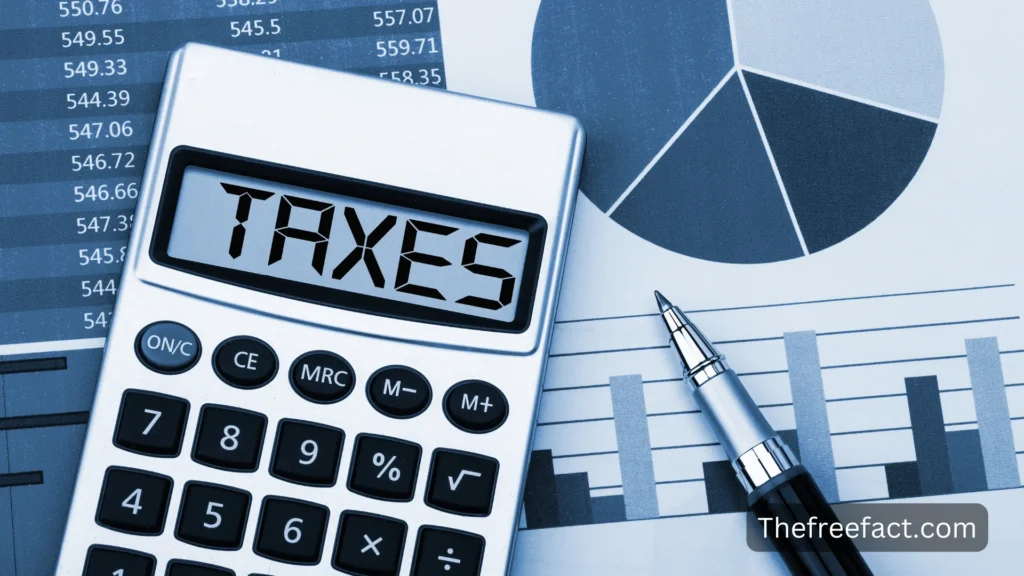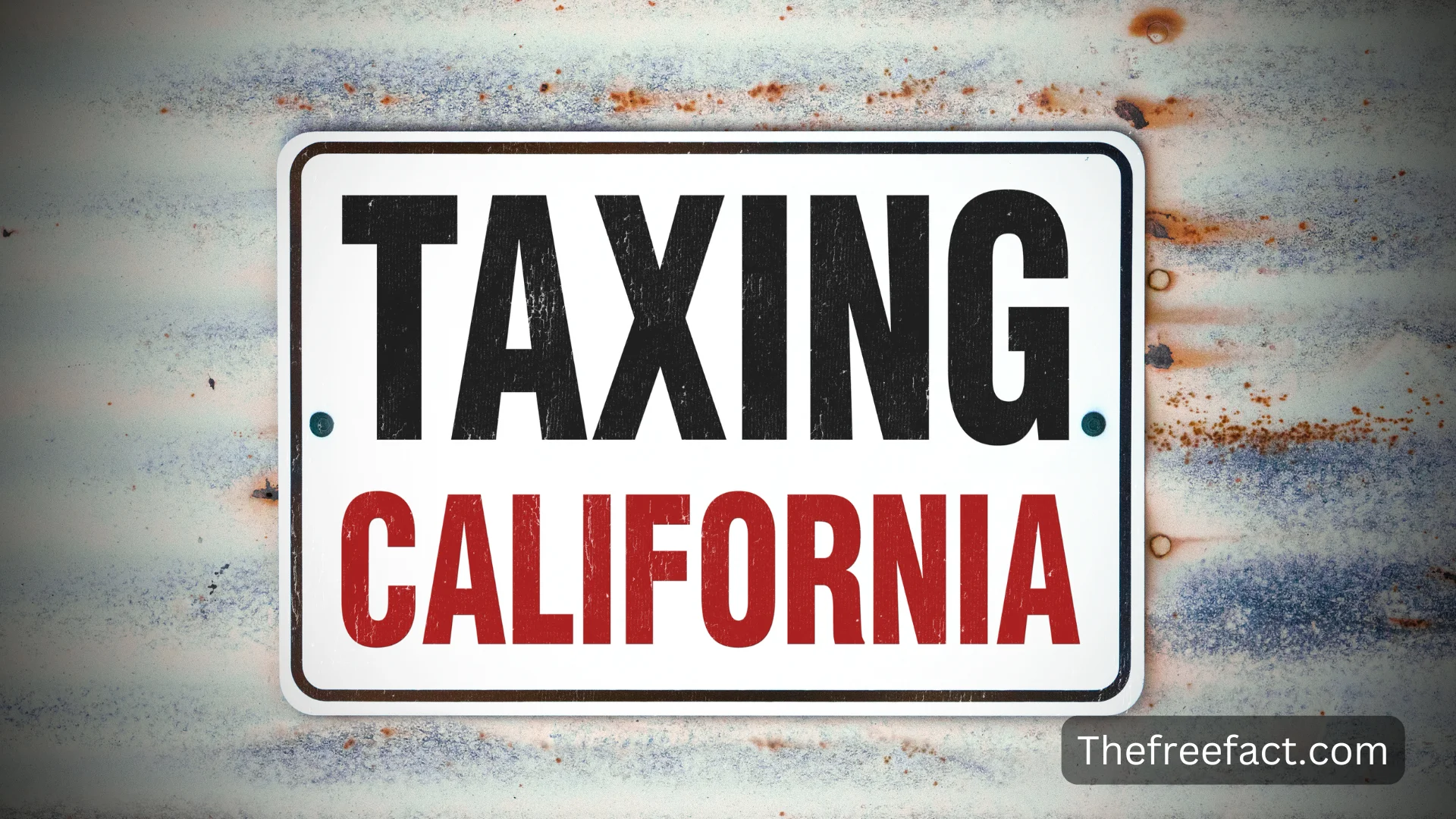Does California Tax Social Security Benefits?
The state of California has the country’s highest individual income tax rates and the highest sales tax burdens. Property taxes are generally low for homeowners who have owned their homes for a long time. The property tax burden for new residents and those who have recently moved to the state is much higher. The state also has high income and sales taxes, and income tax applies to all retirement income except Social Security.
The deadline for filing state and federal tax returns and making tax payments for Californians affected by the January wildfires has been extended until Oct. 15, 2025. Some federal tax relief is also available to individuals and households in disaster areas.
Does California tax Social Security benefits?
No, Social Security income is not taxed by the state of California. However, you may pay federal taxes on a portion of your benefits if you earn a certain income.
If you file a tax return as an individual and make between $25k and $34k in total income, or if you file jointly and make between $32,000 and $44,000 in total income as a household, 50% of your benefits will be taxed. Moreover, up to 85 percent of your benefits will be taxed by the government if you earn more than $34,000 individually or $44,000 as a family.

What is California’s income tax system?
California’s nine tax brackets are shown below. Over $1 million in income is subject to an additional 1 percent tax. When your taxable income is $80,000 and you are a single filer, the first $10,412 will be taxed at 1 percent, the next $10,412 to $24,684 at 2 percent, and so on.
Single filers:
| Income* | Tax Rate |
| $0 to $10,756 | 1% |
| Over$10,756 to $25,499 | 2% |
| Over $25,499 to $40,245 | 4% |
| Over $40,245 to $55,866 | 6% |
| Over $55,866 to $70,606 | 8% |
| Over $70,606 to $360,659 | 9.3% |
| Over $360,659 to $432,787 | 10.3% |
| Over $432,787 to $721,314 | 11.3% |
| Over $721,314 to $1,000,000 or more | 12.3% |
Source: California Franchise Tax Board
Joint filers:
| Income* | Tax Rate |
| $0 to $21,512 | 1% |
| Over $21,512 to $50,998 | 2% |
| Over $50,998 to $80,490 | 4% |
| Over $80,490 to $111,732 | 6% |
| Over $111,732 to $141,212 | 8% |
| Over $141,212 to $721,318 | 9.3% |
| Over $721,318 to $865,574 | 10.3% |
| Over $865,574 to $1,442,628 | 11.3% |
| Over $1,442,628 | 12.3% |
Source: California Franchise Tax Board
*Taxable income: Gross income (wages, tips, bonuses, etc.) after deductions for itemized items and standard deductions. During their time as California residents, part-time
As part-year residents, part-year residents pay taxes on all income received while living in California, as well as income from California sources while living as a nonresident.
Taxes are paid by nonresidents on income derived from California sources.
Also check: Can You Work And Collect Social Security?
California taxes pensions and retirement income?
It’s true. Withdrawals from pensions, 401(k)s, 403(b)s, and IRAs are taxed as regular income, with rates ranging from 1 percent to 13.3%. Government pensions, private pensions, and military retirement income are also subject to the same tax rates.
Investment income: how does it work?
Taxes on capital gains are the same as taxes on ordinary personal income. Gains from the sale of one’s home that are less than $250,000 are not taxable. Gains over $250,000 from the sale of one’s home are taxable.
What is the property tax system in California?
Individual county assessors assess property taxes across California’s 58 counties. Property assessments are only conducted after a change of ownership or after a new construction project as part of Proposition 13, which limits property taxes to 1 percent of the full cash value of the property plus the amount necessary to fund local bonded indebtedness approved by voters.
Reassessment of existing structures may not be required if modifications have made them more accessible to a disabled person.
California offers several property tax exemptions, including a homeowners’ exemption and a disabled veterans’ exemption.
A Property Tax Postponement Program is also available for those 62 and older.
In some cases, retirees can transfer the tax value of their principal residence when they sell their home and buy or build a new one, resulting in significant tax savings.
Furthermore, Proposition 19 allows you to transfer your home to a child or grandchild without it being reassessed.
How about sales tax and other taxes?
- Sales tax: Most consumer goods, such as furniture, toys, and clothing, are subject to a 7.25 percent sales and use tax. There are, however, some areas with multiple local taxes, called district taxes, which can raise the sales tax to as much as 10.75 percent. The state and local combined tax rate in California is 8.85 percent, which is the eighth highest in the nation, according to the Tax Foundation. Check out your local sales and use tax rate, or browse all county and city rates.
- Exceptions: The California Department of Tax and Fee Administration has compiled a list of items that are exempt from sales tax in its Sales and Use Taxes: Tax Expenditures publication.
- Basic groceries: Groceries such as produce, baby formula, and noncarbonated sports drinks are tax-exempt; however, hot prepared food, soaps, detergents, and alcoholic beverages are subject to the local sales and use tax.
- Gas and diesel: Beginning July 2024 and continuing until June 30, 2025, gas at the pump will be subject to a sales and use tax of 2.25 percent plus (plus applicable district taxes) and an excise tax of .596 cents. Retail prices include both taxes. Taxes on diesel are 13 percent (plus applicable district taxes) and .454 cents a gallon (included in the pump price). Click here to learn more.
- Alcohol: There is a 20 cent tax on beer, wine, and sparkling hard cider. Liquor is taxed between $3.30 and $6.60 per gallon, depending on the percentage of alcohol; champagne and sparkling wine are taxed at 30 cents. Depending on the retailer, some or all of these taxes may be included in the retail price. Alcohol is also subject to state and local taxes.
- Lottery: You will still be required to pay federal income tax on your lottery winnings, even though there are no state or local taxes on them. The California Franchise Tax Board and California Lottery websites provide more information.
In California, will I or my heirs have to pay inheritance and estate taxes?
You shouldn’t include a gift or inheritance in your income if you received them. Gifts and inheritances can later produce income, which you will need to pay taxes on.
The state of California does not have an estate tax, but it does impose income taxes on estates. Find out more.
Can older Californians take advantage of tax breaks?
If you are 65 or older by Dec. 31, 2024, you can claim a credit on your state income tax. In the case of married couples who are 65 or older, both spouses may claim the credit.
Also offered by the state are Senior Head of Household Credits for those 65 years of age and older, as well as Property Tax Postponement Programs for those 62 years and older.
California taxes military benefits?
If you live in California, your military retirement income is taxed. If you live in California, your active service pay is taxed like your regular income. Those who lived in California before joining the military and are stationed outside the state are considered nonresidents and will only be taxed on California-source income, such as sales, rental property and nonmilitary wages.
Under the Military Spouses Residency Relief Act, spouses of service members may qualify for certain tax benefits, such as income tax exemptions.
What is the deadline for filing California state taxes in 2025?
California state tax returns are due by April 15, 2025, the same date as federal tax returns.
Tax filing deadlines for wildfire-affected areas in California are Oct. 15 and Oct. 16, respectively.
In California, you can file your tax return up until October 15, 2025, but payment is still due by April 15, 2025. To request an extension, there is no need to submit an application.
In a nutshell:
- Tax brackets: 1 percent to 12.3 percent.
There are nine tax brackets in California, ranging from 1 percent to 12.3 percent. A 1 percent income tax is also applied to those who earn more than $1 million. - Homeowners pay 0.68 percent of their assessed value in property taxes (average)
Homeowners in California paid an average of 0.68 percent of their assessed value in property taxes in 2022, according to the Tax Foundation. - State and local sales taxes: 8.85 percent (average)
Services and goods sold in the state are subject to a 7.25 percent sales tax. Some cities, however, add local sales taxes, which can raise shoppers’ costs by 10 percent or more.







